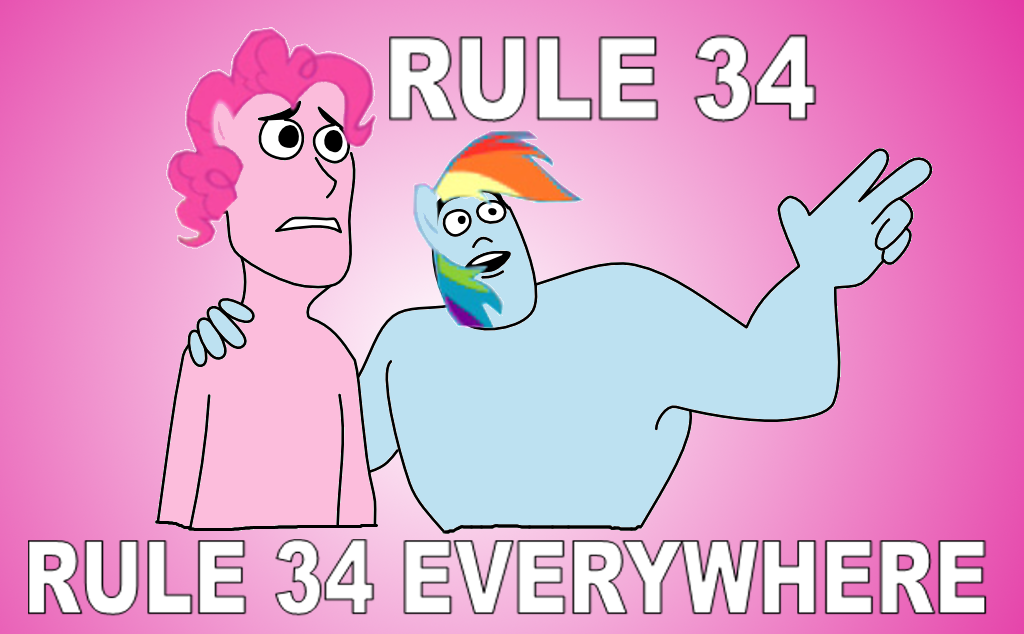

However, once an enemy is spotted, Halfway‘s control transitions to turn-based, where each character gets two action points. While there is no enemy activity, players may freely move about. I found myself setting squad members up individually in various cover spots, peeking into a room with a scout, finding it clear, and then doing the same for the next room. What results is a fairly realistic tactical experience of leading a squad into unknown territory. As the small team creeps through the derelict vessel, each corner turned can be the beginning of a battle. Lannis and his ever-growing team of survivors investigate a new area of the ship, then at some point they are ambushed or caught off guard by another FTL jump and beset by a new group of enemies.Īlthough it sounds predictable, this formula actually makes for some of the most tense gameplay. Most of the 34 levels play out similarly to one another. Of course, the journey has gone awry somewhere along the line, the ship is making several seemingly random FTL jumps, and each time, mutated humanoid intruders show up to ruin his day. Players take on the role of Morten Lannis, a hardened space marine who wakes from cryogenic slumber on a ship named Goliath before it had reached its destination.

There is some minor character progression, generally through small stat boosts and weapon upgrades, but for the most part, the focus is on how best to arrange members of the team in order to maximize damage output and minimize incoming threats. Rig: AMD Phenom II X2 555 3.2 GHz, with 4GB of RAM, ATI Radeon HD 5700, Windows 7 64-bitĪt its core, Halfway is a turn-based tactical combat game, with heavy emphasis on ranged attacks and cover. Halfway answers: “Aliens show up and you shoot them a lot.” Halfway asks: What happens if you spend too much time in the “in-between” when making a faster-than-light jump?

The nature of these questions can be ethical, social, psychological, philosophical, or just technical. Good science fiction brings up not only these possibilities, but the questions that would show up alongside the possibilities. Technology today would look like magic to those from years past, and so the technology of the future might seem incredible to us now. One of the things that is so appealing about science fiction is that it deals with situations that seem fantastical, but are ultimately plausible.


 0 kommentar(er)
0 kommentar(er)
